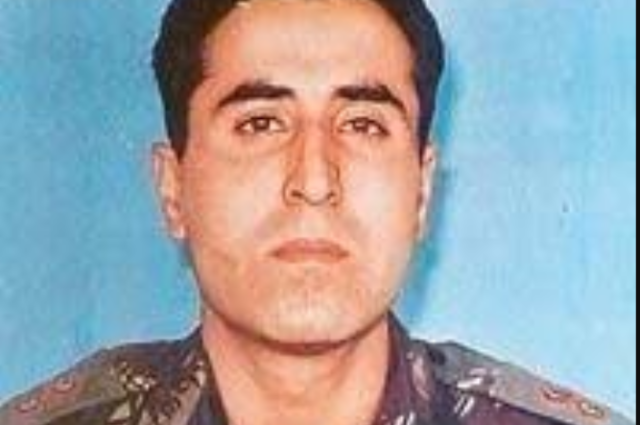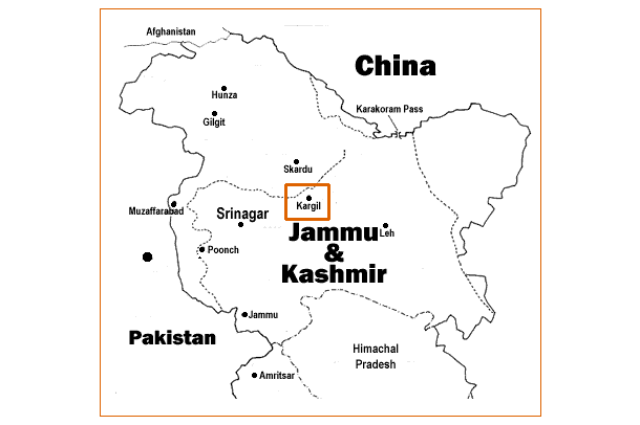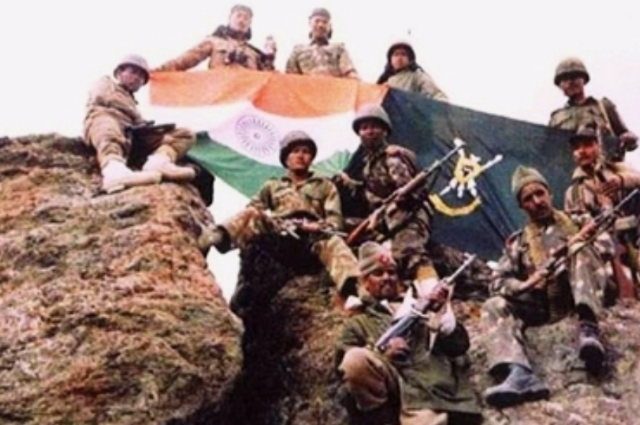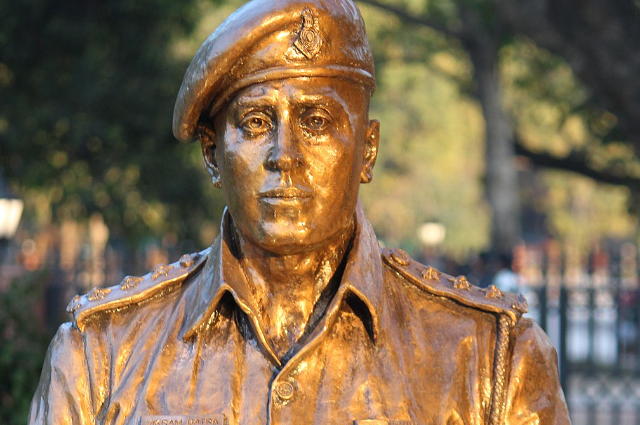
Every year, the people of India celebrate the Kargil Vijay Diwas on 26 July to honor the war heroes of Kargil. This day tells the true meaning of patriotism. It is also referred to as Operation Vijay, as it was the name of the Indian military operation to clear the Kargil region. Each year, the Prime Minister of India pays homage to the soldiers of the Indian Army at Amar Jawan Jyoti in India Gate. Yesterday, Prime Minister Modi also called upon the people to pay tributes to soldiers who made the nation proud. The Kargil war has been one of the most important actions in the history of India. It was fought for more than 60 days and ended on 26 July 1999. Since then, we celebrate the Kargil Vijay Diwas on July 26 every year.
The Kargil war became the most recent example of high-altitude conflict in hilly landscapes, with crucial logistical situations for the combating sides. It was likewise the exclusive example of direct warfare between two nuclear states. The war started when the Pakistani army took advantage of the melting snow and took command of the high outposts of India, betraying the bilateral understanding of both the nations that the post would remain unattended during the winter season. Numerous brave soldiers stood and fought on the land of Kargil at that time. And among these many Bravehearts was a man who would become the face of every young Indian soldier who clashed ferociously and died bravely. It is the story of Captain Vikram Batra.

Source: commons.wikimedia.org
Vikram Batra was an unbelievably dignified soldier whose actions on the battlefield exceeded heroism. Born in the beautiful hill town of Palampur in Himachal, he was the elder of twins and also had two sisters. After completing his education, he eventually joined Dehradun's Indian Military Academy and graduated from there in December 1997. Batra's actual military career began when he was commissioned into the 13th Battalion of Jammu and Kashmir Rifles. It was this regiment with whom Vikram Batra joined the Kargil War.
The major cause of this war was the infiltration of Pakistani troops, disguised as Kashmiri militants, into positions on the Indian side of the Line of Control (LoC). There were furious artillery clashes, air battles, and massive infantry assaults by both Indian and Pakistani troops. During this conflict, Captain Batra defined himself with his bravery and remarkable combating skills. On June 19, 1999, he was ordered to recapture Point 5140, near Tololing in his first major battle in the war. Despite the enemy having a dominant post to hold, Vikram and his team led a terrific tactical assault on their enemy and won against them. This operation strengthened India's hold on the territory. After all his men made it alive, Vikram Batra told his commander at the base through a radio message, “Ye Dil Maange More!”

The next operation of Vikram Batra was one of the most difficult mountain warfare campaigns undertaken during Kargil. It came to pass at 17000 feet, with icy slopes, thick fog, and 80-degree steep peaks. By that time, everyone at the battlefield almost knew about Vikram Batra, and people used to call him Shershah on the field. Vikram and his team attacked ferociously and also engaged in hand-to-hand combat. They cleared the enemy bunkers and also forced the enemy to retreat.
Vikram Batra's team was almost gaining a victory when a junior officer wounded his leg in an explosion. Shershah rushed to rescue him under heavy fire. He even shot grenades at the enemy's machine-gun post and killed four to five soldiers in close combat. When Batra was reaching to lift his junior he was hit by a bullet in his chest. And at the age of 24, he died in this mission in a way that carved his name alongside some of India's biggest military heroes. The last words from the Shershah of the Indian army were also quite inspiring. He said,
“I'll either come back after raising the Indian flag in victory or return wrapped in it, but I will come for sure”.

Source: en.m.wikipedia.org
Captain Vikram Batra sacrificed his life fighting alongside many other brave heroes in the Kargil war. Batra was given the highest wartime gallantry award Param Vir Chakra posthumously. It's been more than 20 years since then, but the exceptional courage and sacrifice of Kargil heroes are still engraved in the memory of numerous Indians. Currently, a war biopic called Shershah is also being made which celebrates the life of Vikram Batra, who heroically sacrificed his life for the country. And Kargil Vijay Divas is observed in the honor of many heroes like Batra who died serving their motherland.
___________________________________________________________
Reference -
- web.archive.org
- www.wikipedia.org
- www.globalsecurity.org
- www.bbc.co.uk
